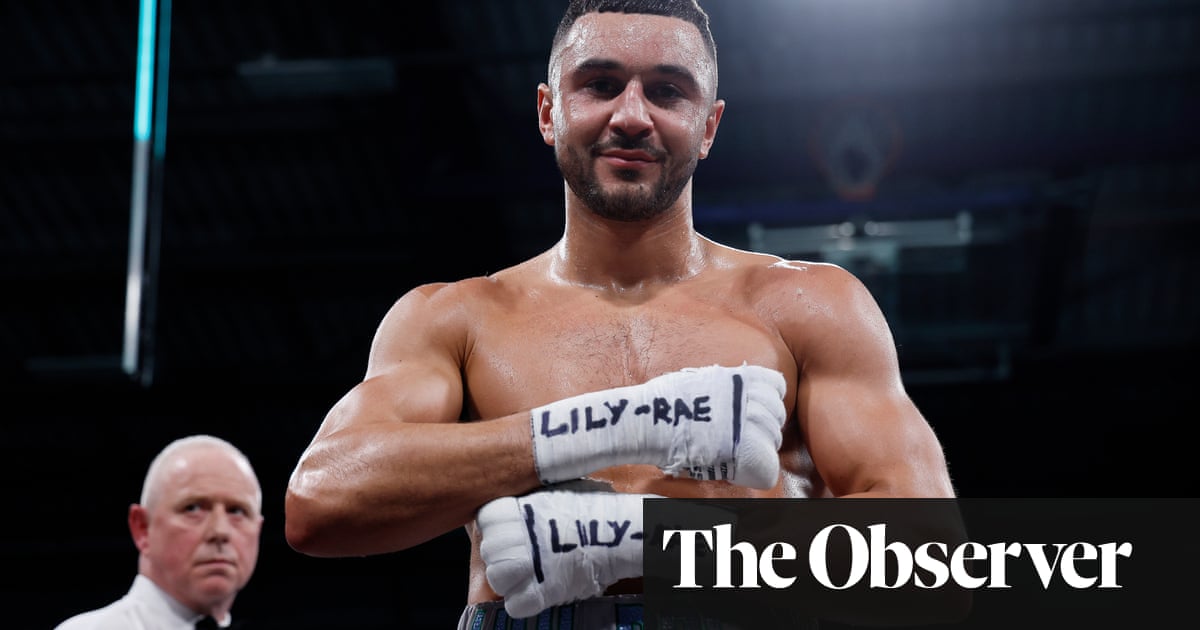Dominique Pelicot, the French man on trial for drugging his wife and inviting strangers to rape her, has a split personality caused by the effect of childhood trauma, his defence lawyer has argued.
In her summing up on Wednesday, Béatrice Zavarro told the court in Avignon there were “two Dominiques”, one a man apparently devoted to his family and the other with a “certain perversity”.
For Gisèle Pelicot, Zavarro said her husband had a final word: “I have betrayed you with the obscene … without you I am nothing. Judge me by the best times of our life. I know that one day we’ll meet again somewhere else, and I hope we’ll be able to talk about all this again.”
Zavarro urged Gisèle Pelicot, 72, a former logistics manager, to “keep in mind this first Dominique … the man he was, who loved you profoundly. I leave you to reflect on that.”
Zavarro said she had “the utmost respect” for Gisèle Pelicot and her “dignity”, as well for as her family, particularly her daughter Caroline and two daughters-in-law. All were photographed by Dominique Pelicot.
As Zavarro read a poem she said Pelicot had written to his wife from prison, Gisèle Pelicot, on the right side of the court, stared straight ahead. On the other side, behind the glass dock, Dominique Pelicot bowed his head and wiped away tears.
Pelicot has admitted drugging his wife over almost a decade between 2011 and 2020 and inviting more than 70 strangers to rape and sexually abuse her at their home in the village of Mazan, near Carpentras in the south of France. The public prosecutor has requested he be sentenced to the maximum term of 20 years.
In the dock with him are 50 of the men who are accused of raping or sexually abusing Gisèle Pelicot while she was unconscious. Her husband had laced her wine and food with anti-anxiety medication and sleeping tablets, rendering her almost comatose. The majority of the men deny the charge of aggravated rape as part of an organised group.
Zavarro argued on Wednesday that the men who contacted Dominique Pelicot knew precisely what he was doing. She denied he had been “manipulative, violent or threatening” towards them or had drugged them, as several claimed.
She dismissed the argument advanced by many of the accused that they had not known, had not “intended” to rape Gisèle Pelicot or had failed to understand that what they did was rape.
“Did they have to hear the word ‘rape’ to understand that this woman was unconscious and put to sleep?” she asked. “Was he [Pelicot] threatening? No. Was he violent? No. Was he insulting? No. Is he responsible for the acts of anyone else? No.”
Pelicot was arrested in November 2020 after being caught filming up the skirts of women in a supermarket near the couple’s home. Detectives discovered 20,000 videos and photographs of his wife’s abuse on phone, computers and hard drives.
Gisèle Pelicot has been hailed as a feminist icon after waiving her right to anonymity, insisting on the hearing being held in public and allowing the videos to be shown in open court. The case has thrown a spotlight on the rape and abuse of women by their partners and the increasing use of drugs to aid sexual assault.
after newsletter promotion
On the 53rd day of the trial, Zavarro said she felt as if she had become “the devil’s advocate” on taking on Pelicot’s defence. She recounted meeting him in April 2021 and learning of his violent childhood. He has said he witnessed and heard his father abuse his mother while her hands were tied behind her back, and has also said he was raped aged nine in hospital and witnessed a gang-rape aged 14.
When he met Gisèle, aged 19, it was “love at first sight”, Zavarro said. The couple had three children: David, Caroline and Florian.
“David said the children lacked for nothing. Caroline, despite her understandable anger, also objectively said he was caring, generous human, and Mme Pelicot said he was a good man, a good husband, a good father and a good grandfather. She could not reproach Dominique Pelicot for anything at that time,” she said.
“He was very much in love with his wife. He told me: ‘I was nothing before her, I was something else with her and now I have become nothing again.’ It is for this other Dominique that I plead today.”
In her summing up, which included quotes from Freud, John Betjeman and the psychologist Boris Cyrulnik, Zavarro said: “Perhaps the worst enemy of Dominique Pelicot is Dominique Pelicot.”
The public prosecutor has asked for sentences of between 10 and 18 years for the men accused of aggravated rape. Lawyers for the defence will address the court over the next three weeks. The verdicts are expected by 20 December.

.png) 1 month ago
7
1 month ago
7













































